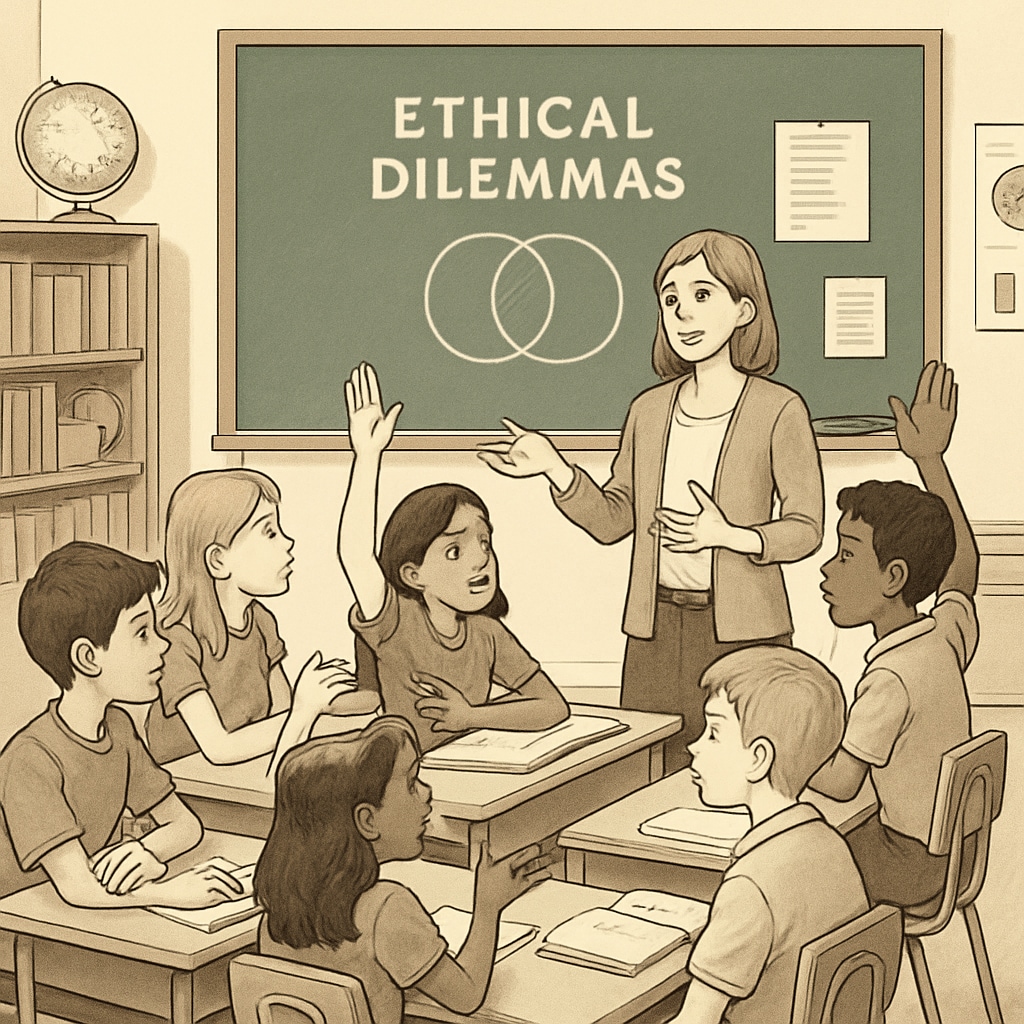Incorporating psychology, philosophy, and extracurricular learning into K12 education can profoundly shape young minds. These disciplines help students better understand themselves and the world around them while cultivating critical thinking and emotional intelligence. While traditional school subjects are essential, the inclusion of psychology and philosophy can introduce a new dimension to education, fostering well-rounded growth. But how can educators and parents integrate these subjects effectively into their children’s learning journeys? This article offers insights, practical advice, and resources to get started.
Why Introduce Psychology and Philosophy Early?
Psychology explores the human mind and behavior, while philosophy encourages the examination of life’s fundamental questions. Together, they provide young learners with tools to navigate their emotions, relationships, and ethical dilemmas. For example, understanding concepts such as empathy, resilience, and reasoning at an early age can significantly impact a child’s personal and academic development.
According to studies on early cognitive development, children exposed to philosophical discussions demonstrate improved reasoning and problem-solving skills. Similarly, psychology can help students recognize their emotions and develop coping mechanisms. These skills are foundational for both academic success and personal well-being.

Practical Ways to Include Psychology and Philosophy in K12 Education
Integrating psychology and philosophy doesn’t require a complete curriculum overhaul. Here are some practical approaches for educators and parents:
- Interactive Discussions: Host open-ended conversations on topics like fairness, responsibility, or happiness. Use age-appropriate scenarios to encourage participation.
- Books and Stories: Introduce literature that highlights psychological or philosophical themes. For younger children, picture books about emotions can be effective, while older students can explore classic philosophical texts.
- Role-Playing Activities: These can help students understand different perspectives and develop empathy.
- Games and Puzzles: Logic puzzles or moral dilemma games stimulate critical thinking and ethical reasoning.
- Guest Speakers: Invite psychologists or philosophers to speak about their fields in ways that are accessible to young learners.
These methods can be seamlessly integrated into existing lesson plans or extracurricular activities, ensuring that students engage with these subjects without feeling overwhelmed.
Recommended Resources for Psychology and Philosophy Learning
Finding the right resources can make the learning process more engaging. Here are some recommendations:
Books
- What Do You Do with a Problem? by Kobi Yamada – A great book for younger children to learn about resilience and problem-solving.
- The Little Book of Psychology by Emily Ralls and Caroline Riggs – A beginner-friendly introduction to key psychological concepts.
- Sophie’s World by Jostein Gaarder – A novel that serves as an accessible introduction to philosophy for teenagers.
Online Platforms
- TED Talks – A treasure trove of talks on psychology and philosophy, many of which are suitable for younger audiences.
- Khan Academy – Offers free courses, including psychology and critical thinking modules.
- Stanford Encyclopedia of Philosophy – A comprehensive resource for exploring philosophical ideas (best suited for older students).
Apps and Tools
- Mindfulness Apps: Tools like Headspace or Calm can introduce students to the psychology of mindfulness.
- Philosophy for Kids: Apps like “Big Ideas” present philosophical questions in a fun and engaging way.

The Long-Term Benefits of Early Exposure to These Disciplines
Integrating psychology and philosophy into K12 education is not just about academic enrichment. These subjects equip students with life skills that extend far beyond the classroom. For instance, understanding psychological principles can improve emotional regulation, while philosophical inquiry fosters open-mindedness and ethical decision-making. As a result, students are better prepared to face the complexities of adult life.
Moreover, these disciplines encourage lifelong learning. By sparking curiosity about human behavior and the nature of existence, students are more likely to continue exploring these topics independently, even after their formal education ends.
In conclusion, psychology and philosophy offer invaluable tools for personal and intellectual growth. By incorporating them into K12 education, educators and parents can nurture students who are not only knowledgeable but also empathetic, reflective, and resilient. Start small, use the resources provided, and watch as young minds blossom into thoughtful, well-rounded individuals.
Readability guidance: The article balances short paragraphs, logical flow, and practical advice to ensure accessibility. Key terms are explained, and actionable tips are provided, making the content engaging for both educators and parents.


